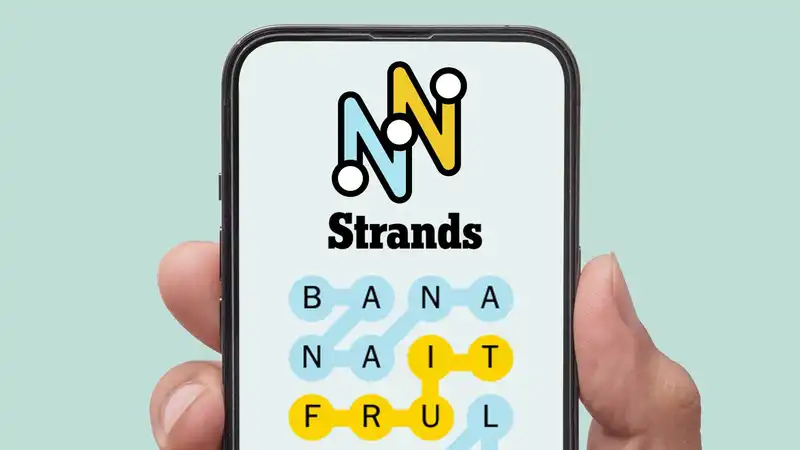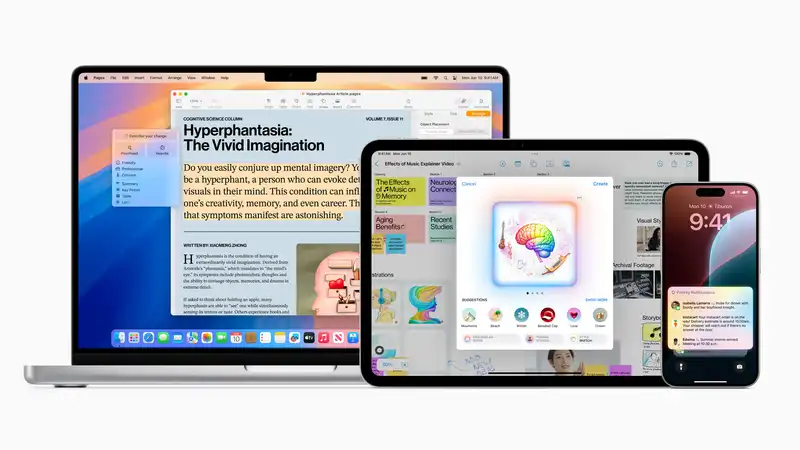With the arrival of FIFA 21, cybercriminals are getting ready to fleece the hugely popular soccer video game franchise, which has tens of millions of players worldwide.
So says Christopher Boyd, a researcher at Malwarebytes. In a blog post earlier this week, Boyd detailed the various tactics used by FIFA scammers to defraud and how to avoid becoming a victim.
The main reason scammers are attracted to FIFA games is the franchise's Ultimate Team mode. This mode is a fantasy football league of sorts, where gamers can create their own team of the world's greatest current and former soccer players and pit that fantasy team against other teams online.
Gamers earn "coins" by playing the game, and these coins can be used to "buy" "cards" (think baseball cards) and combine the cards to create a fantasy team.
"So far so good ...... It's basically harmless," Boyd writes.
However, you can also use FIFA Ultimate Team "points" to buy player cards, which you purchase with real money, either in-game or from third-party sellers. Points can also be used to buy card packs, such as loot boxes.
Currently on Amazon, Ultimate Team gift cards can be purchased for prices ranging from $4.99 for 500 points to $99.99 for 12,000 points.
"Game monetization is underwater red meat for scammers," Boyd writes. Anything tied to real-world cash instantly provides a number of entry points for deception."
Since having the best Ultimate Team player obviously increases the likelihood of winning more matches, there is a strong incentive for FIFA gamers to spend even more money on something they have already invested heavily in. (FIFA 21, released on October 9, is priced between $50 and $90, depending on the platform and edition.)
"When your team is getting beaten up every game by players who are clearly 13 years old through their headsets," freelance writer Tom Usher wrote in The Guardian earlier this year, "it's a good thing that the game is so popular."
Boyd noted that many of those children end up spending their parents' money, sometimes unlimitedly, because parents tired of entering payment authorization codes three times a week simply give their children the codes.
Boyd listed four main scenarios in which scammers target FIFA players.
Fake generators of FIFA coins, points, and other valuable items appear on websites and lure users through game forums and YouTube videos.
"Simply fill out a survey, give your login information, or buy a gift card and send a code," Boyd wrote.
A fake customer support representative appears on the game's forums and offers to help.
Fake "official" FIFA social media pages try to sell shortcuts to the game and player card packs guaranteed to contain the best player cards.
Fake game administrators also appear on game forums promising special rewards or telling people they have lost points.
"Take your time and find out what security practices work for you on your chosen platform," Boyd concluded.
"Every small step you take to keep the scammers out makes it harder for them to score a winning goal.










Comments